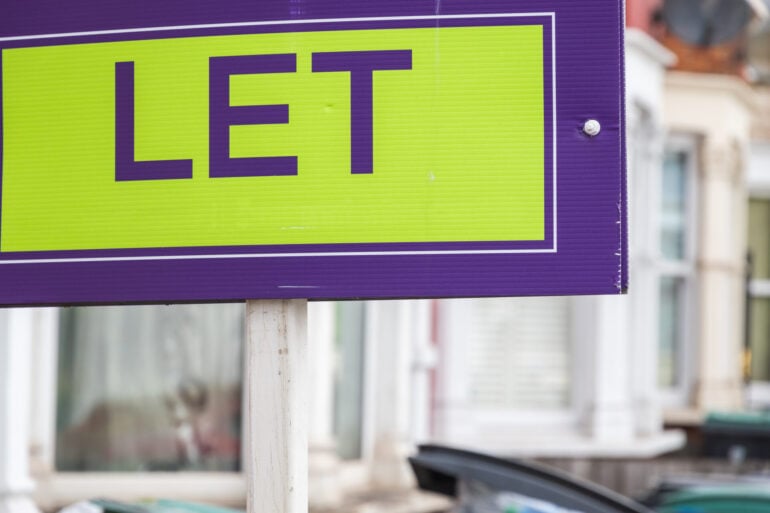67% of Scottish landlords have raised rents so far this year, making Scotland the part of Great Britain where rent hikes are most common, analysis from Hamptons has revealed.
The findings suggest that rent controls introduced in 2022 have had unintended effects, with more landlords implementing annual increases to keep rents close to market levels.
Hamptons’ data, drawn from across the Connells Group, showed that Scottish landlords were more likely to increase rents than those in England and Wales in both 2024 and 2025.
Across Great Britain, 58% of landlords raised rents this year, compared with 67% in Scotland.
The report noted that between September 2022 and April 2023 rent increases for existing Scottish tenants were capped at 0%, followed by a 3% cap until April 2024.
Since then, increases have been limited to the lowest of the open market rent, the landlord’s proposed rent or a “permitted rent” where tenants currently pay at least 6% below market levels.
According to Hamptons, the rules have encouraged landlords to apply smaller, more frequent annual rises.
Although the average rent rise among Scottish landlords was lower than the GB average at 10.1% versus 12.2%, Scotland still recorded higher overall rental growth due to the greater proportion of landlords increasing rents.
Rents for newly let homes in Scotland rose by 2.5% year-on-year in October, making it one of only two regions where new-let rents increased by more than 2%.
Since the softening of rent controls in April 2024, rents on new Scottish lets have risen by 7.3%, exceeded only by the North East.
Over five years, newly agreed rents in Scotland have risen 36%, compared with 32% across Great Britain.
Hamptons noted that relatively few disputes end up with Rent Service Scotland.
Around 1,000 tribunal cases were heard in the year to April 2025, typically involving tenants paying far below market rent.
The body placed fair market rents at an average of 23% above current levels, although controls limited increases to around 9%.
David Fell, lead analyst at Hamptons, said: “The evidence from Scotland suggests that rent controls rarely work as intended.
“At best, they delay rent increases; at worst, they set a new benchmark where landlords feel compelled to increase their rents every year by the maximum allowed.
“Faced with uncertainty over future rules, many landlords choose to raise rents little and often rather than risk falling far below market levels.”
Fell continued: “While the Renters’ Rights Act will give tenants more time and power to challenge rents at tribunal, the evidence suggests caps are only a sticking plaster. Longer term, the only way of making rents more affordable is to increase the number of homes available to rent and boost competition among landlords for tenants.
“Despite rents falling annually for the third straight month, landlords are still managing to agree above inflation increases when it comes to contract renewals.
“Typically, these are reducing the gap that opened up over the Pandemic between what tenants are currently paying, and what the property would achieve if it was re-let to a new tenant.”




